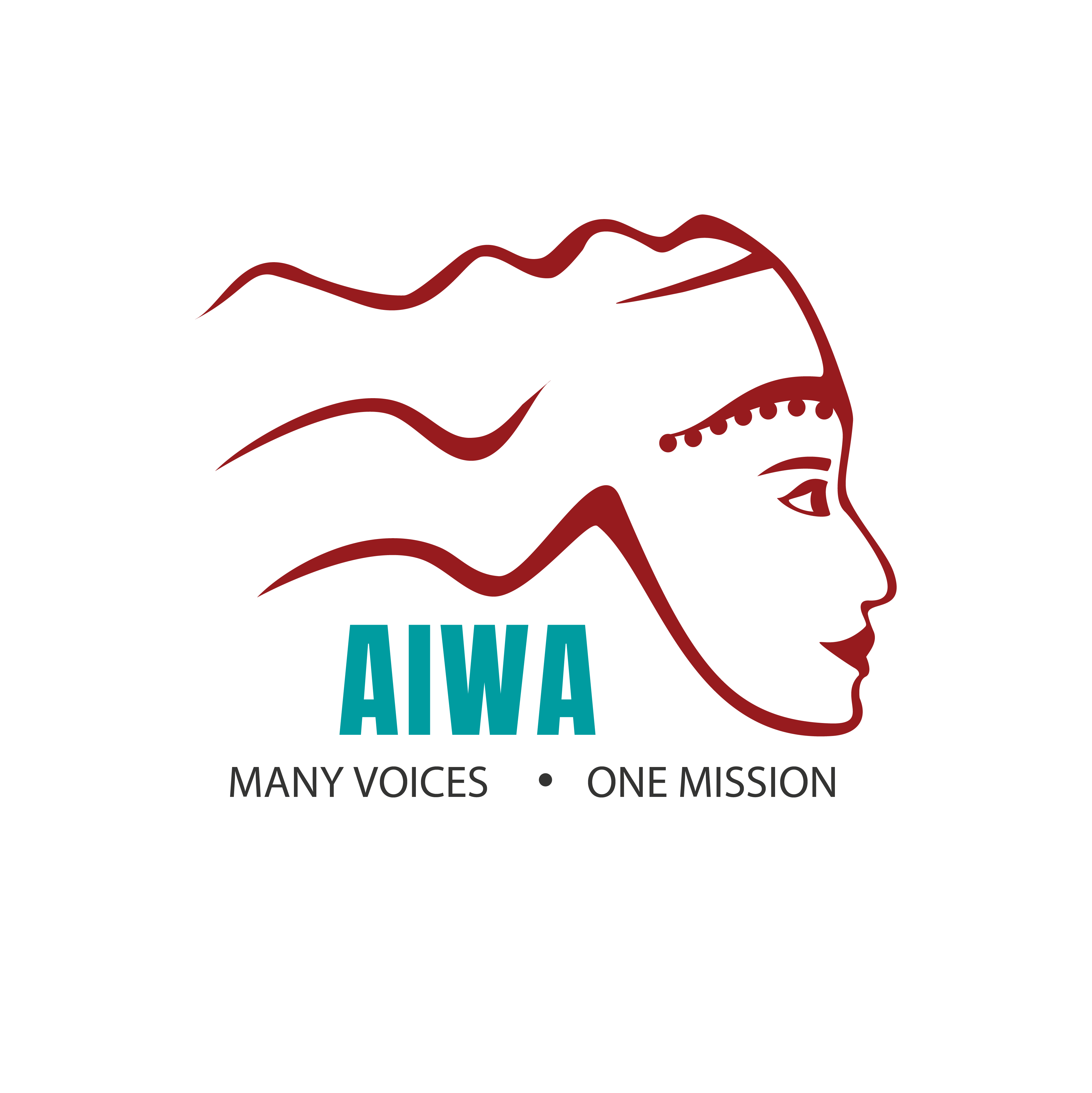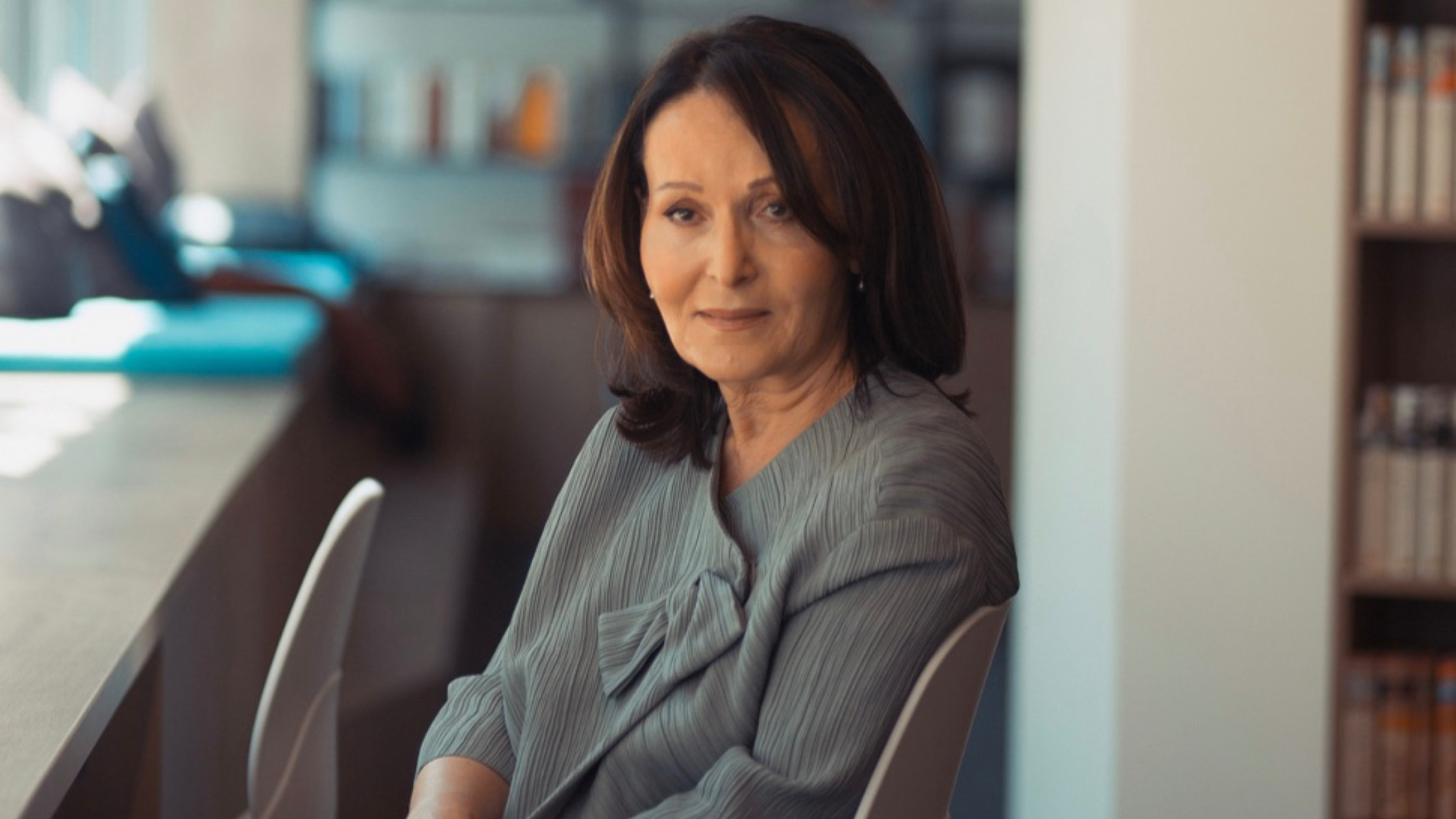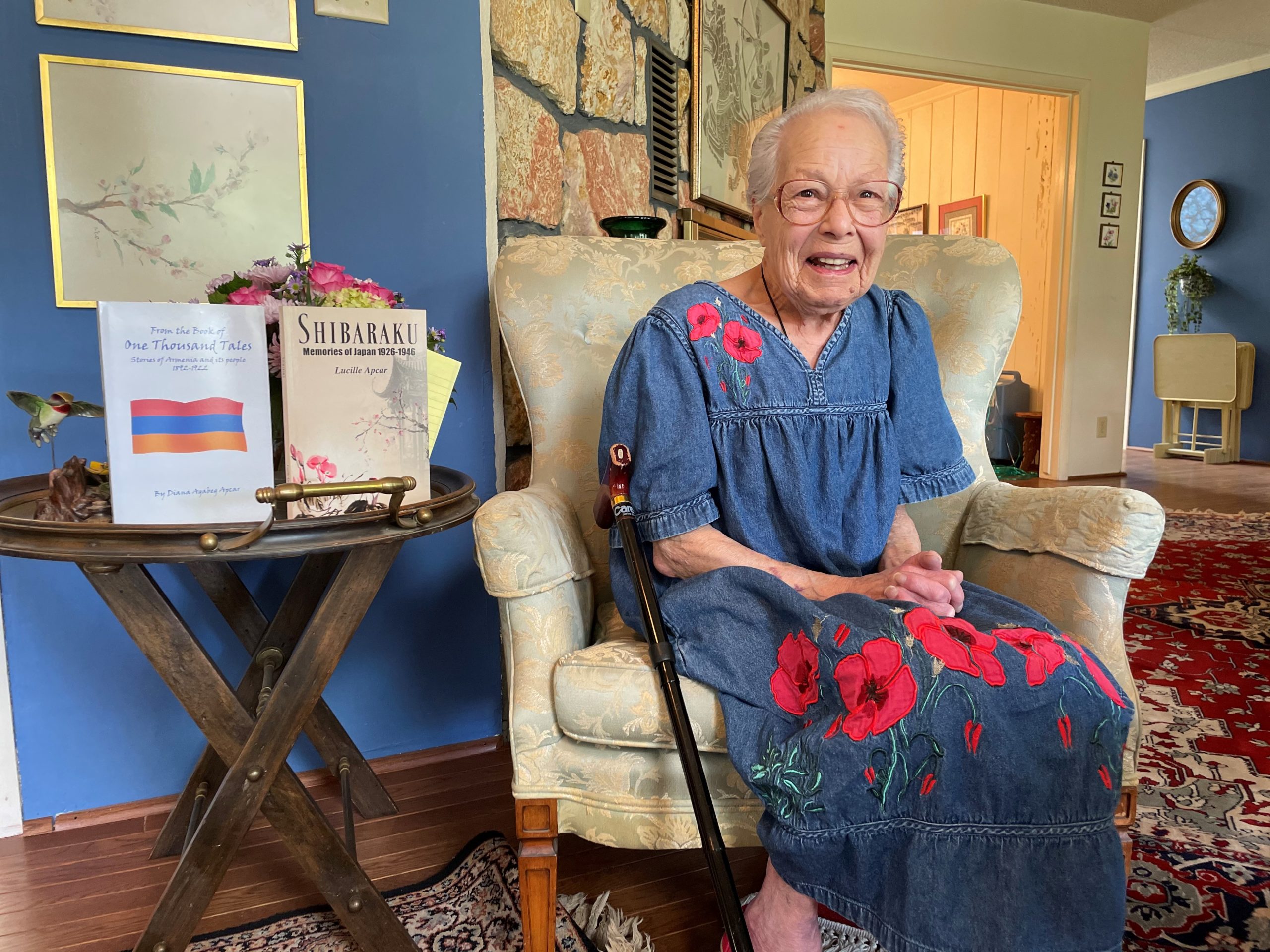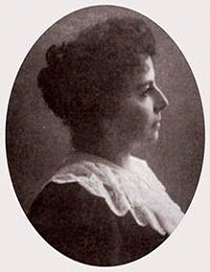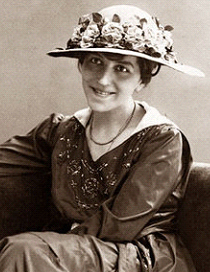Arghutsyan-Yerkaynabazuk, Sofya Vasili
Educator, Cultural Activist
1860‑1954
Sofya Arghutsyan-Yerkaynabazuk was born into a traditional aristocratic family in Tiflis (Tbilisi). She lost her father at a young age and spent her childhood under the care of her grandfather, who was an eloquent speaker and a great storyteller. Sofya frequently recalled her grandfather’s tales and shared them with her students throughout her life.
In 1880 Sofya graduated from the Transcaucasian Women’s Institute, a boarding school where she studied for 15 years. Shortly after, in 1881, she opened the first children’s library in Tiflis.
Sofya continued her education at the St. Petersburg Pedagogical Institute from 1882 until 1886 when she returned to Tiflis to open a school and a kindergarten. In 1902 she expanded her educational institution by adding a crafts center, a garden, and a bee hive to teach her students crafts and farming at a young age.
She donated her family property in the village of Sanahin to the locals. In 1905, she funded the opening of a school, which operated until 1921.
In 1907 in Tiflis, she organized for the first time in the Transcaucasus “Fröbelian” courses for pre-school teachers, the graduates of which successfully served in various regions of Transcaucasia.
In 1915 her school received the status of a gymnasium, and in 1921 it was renamed a Working School. Sofya continued her pedagogical activities in other schools as well. Later she lectured at the Pedagogical Institute in Tbilisi and Yerevan.
In her pedagogical activities, Sofya Arghutsyan-Yerkaynabazuk followed the motto: “The road is the children’s, theirs is the future.” She paid a great deal of attention to children’s independence and correct and balanced intellectual and mental development through games, theatrical performances, and role‑playing. She emphasized the importance of work and tried to develop a love for creative activity and nature among her students.
Sofya implemented her programs through practical activities and by writing textbooks and manuals. Some of which are “The Armenian National School and the Teacher’s Role in it,” “Discipline and Punishment in Schools,” “A Children’s Garden” (1905), and “Literacy in a Kindergarten” (1916).
Sofya Arghutsyan-Yerkaynabazuk played an active role in her society’s cultural and public life. She was a founding member and president of the Armenian “Teachers’ Society.” She opened the “Mankakan Ashkharh,” or Children’s World Club, in 1908.
Her educational institution, the “Mankakan Ashkharh” Club, and the children’s library hosted prominent thinkers, writers, and artists (Gh. Aghayan, H. Tumanyan, P. Proshyan, A. Araskhanyan, etc.).
She published both in the pre‑Soviet and post‑Soviet press, including publications in Armenian with Aghbyur, Mshak, and Sovetakan Mankavarj, and in Russian with Novoye Obozreniye, Shkola i Zhizn, Shkolnoye Vospitaniye, etc.
During her long and impactful life, she was constantly in touch with her students, their parents, and colleagues, who loved and respected her greatly (Aram Khachatryan, Haykanush Danielyan, the Saryans, Mushegh Aghayan, and many others).
Prepared by the Central State Archives, Republic of Armenia
Bibliography:
Encyclopedia of the Republic of Armenia, v. 1, Yerevan, 1990.
Central State Archives of the Republic of Armenia, fond 466.
